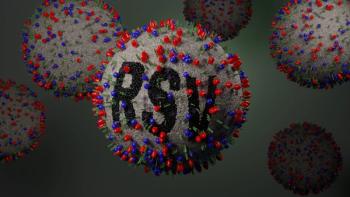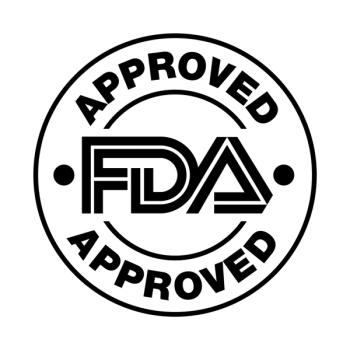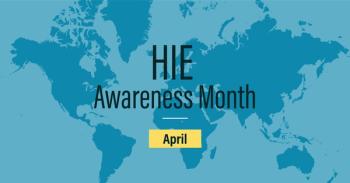
Colleen Sloan, PA-C, RDN, shares the importance of breakfast and the reasoning to why kids skip this essential meal.

Colleen Sloan, PA-C, RDN, shares the importance of breakfast and the reasoning to why kids skip this essential meal.

Nirsevimab significantly reduces RSV-related hospitalizations, ICU admissions, and LRTIs in infants, but doesn’t shorten hospital stays, according to a recent study.

A look back at the FDA submissions and regulatory decisions in the pediatric health care space from April 2025.

In this article, we recap our top stories, expert interviews, and Q+A discussions from the 2025 Pediatric Academic Societies meeting.

Lea Widdice, MD, details her recent presentation at PAS 2025 on OTC STI testing within pediatrics.

Stealth BioTherapeutics' CEO stated, "We hope to gain more information on the revised action date in the coming days."

The human FcRn-blocking monoclonal antibody is indicated for gMG patients aged 12 years and older.

A PAS 2025 study by Mazar and Westmoreland shows Zika virus can eliminate both local and distant tumors in neuroblastoma mouse models.

A UK study links maternal anemia in early pregnancy with increased congenital heart disease risk in offspring.

The decision makes pz-cel the first and only autologous cell-based gene therapy for the treatment of wounds in adult and pediatric patients with RDEB.

New research led by Geetika Kennady, MD, FAAP, showed that 10.6% of newborns have iron deficiency, supporting a push for earlier screening.

"We've updated our internal clinical pathways to recommend 5 days for kids hospitalized with uncomplicated pneumonia," Cotter noted.

At PAS 2025, Jesse Hinckley, MD, PhD, presented data showing cannabis use sharply increases odds of depression and suicidal behavior in youth.

New model refines prevalence estimates, reduces misdiagnoses compared to the current coding system.

A recent study found reduced preterm birth, complications, and NICU use in large Tennessee Medicaid cohort.

Jennifer Nestor, MD, evaluated a digital stethoscope to validate pediatric breath sound recordings for potential machine learning algorithm development.

Study finds education from multiple sources increases parent inquiry about firearms.

New data from national survey highlights disparities and need for focused prevention strategies.

In addition, data presented at PAS revealed a predictable pharmacokinetic profile in the newborn population, consistent with adult humans.

Shorter antibiotic courses for AOM and CAP in children proved effective across a pediatric health system, according to data presented by Elysha Pifko, MD.

Early antibiotic use before age 2 is linked to higher childhood obesity risk, with timing playing a key role in long-term weight outcomes.

The study involved 88 pediatric patients, with 12.5% showing positive intradermal test results and 1.1% positive subcutaneous provocation.

One step will be a partnership with the National Institutes of Health to research how food additives impact children's health.

Donna Hallas, PhD, PPCNP-BC, CPNP, PMHS, FAANP, FAAN, shares her thoughts on the latest print issue of Contemporary Pediatrics

"We are getting away from biopsies to diagnose CD, which makes diagnosis even easier, said Jon Matthew Farber, MD.

Most want to start the conversation, but confidence and timing vary.

Joshua Feder, MD, emphasizes that sensory play is most effective when rooted in relational strategies that support autistic children in daily environments.

A new study found that cell-free DNA from routine prenatal testing can accurately identify preterm birth risk without added cost or procedures.

In 3 studies evaluating the effects of probiotics on eczema, probiotics groups reported a greater reduction in symptoms than placebo groups, but only when the allergy was IgE mediated.

From the FDA approvals of dupilumab and maralixibat tablets to a new puzzler case study, get caught up with our weekly review article.